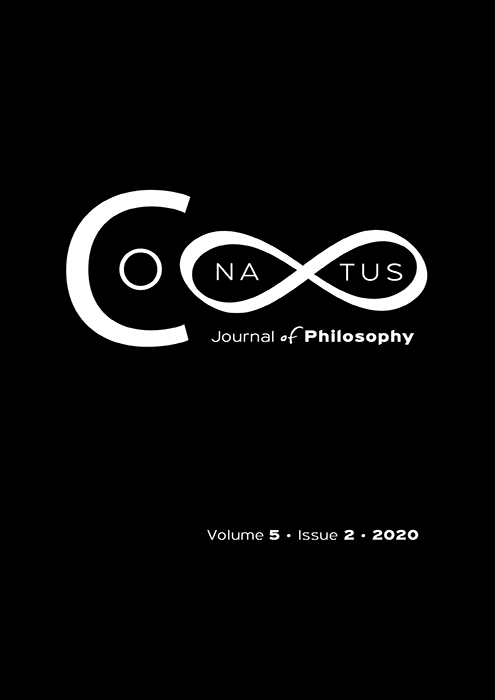Shackling the Poor, or Effective Altruism: A Critique of the Philosophical Foundation of Effective Altruism

Abstract
Effective Altruism (EA) is both a philosophy and a movement. The main criticism on EA is that by donating to charities EA leaves fundamental moral issues such as global poverty and injustice intact. EA arguably does not promote radical institutional change which could lead to an ultimate eradication of the problems that may endanger people’s lives in the first place. In this article this critique is reinforced from a different point of view. The criticism on EA has been mainly on the performative or the empirical aspect of the movement. That is, criticism on EA focuses on evaluating the practical realisation of its mandates with little, if any, evaluation on its philosophical foundation. My aim in this paper is to extend the critique but from a different angle, that is, by going back to its philosophical underpinnings. By exploring the philosophical foundation of EA, I would like to show how EA is not authentic altruism as it is founded on the sacrifice of the Other whom is supposed to be saved.
Article Details
- How to Cite
-
Ioannidis, I. (2020). Shackling the Poor, or Effective Altruism: A Critique of the Philosophical Foundation of Effective Altruism. Conatus - Journal of Philosophy, 5(2), 25–46. https://doi.org/10.12681/cjp.22296
- Section
- Articles

This work is licensed under a Creative Commons Attribution-NonCommercial 4.0 International License.
Authors who publish with this journal agree to the following terms:
Authors retain copyright and grant the journal right of first publication with the work simultaneously licensed under a Creative Commons Attribution Non-Commercial International License (CC BY-NC 4.0) that allows others to share the work with an acknowledgement of the work's authorship and initial publication in this journal.
Authors are able to enter into separate, additional contractual arrangements for the non-exclusive distribution of the journal's published version of the work (e.g. post it to an institutional repository or publish it in a book), with an acknowledgement of its initial publication in this journal.
Authors are permitted and encouraged to post their work online (preferably in institutional repositories or on their website) prior to and during the submission process, as it can lead to productive exchanges, as well as earlier and greater citation of published work.





